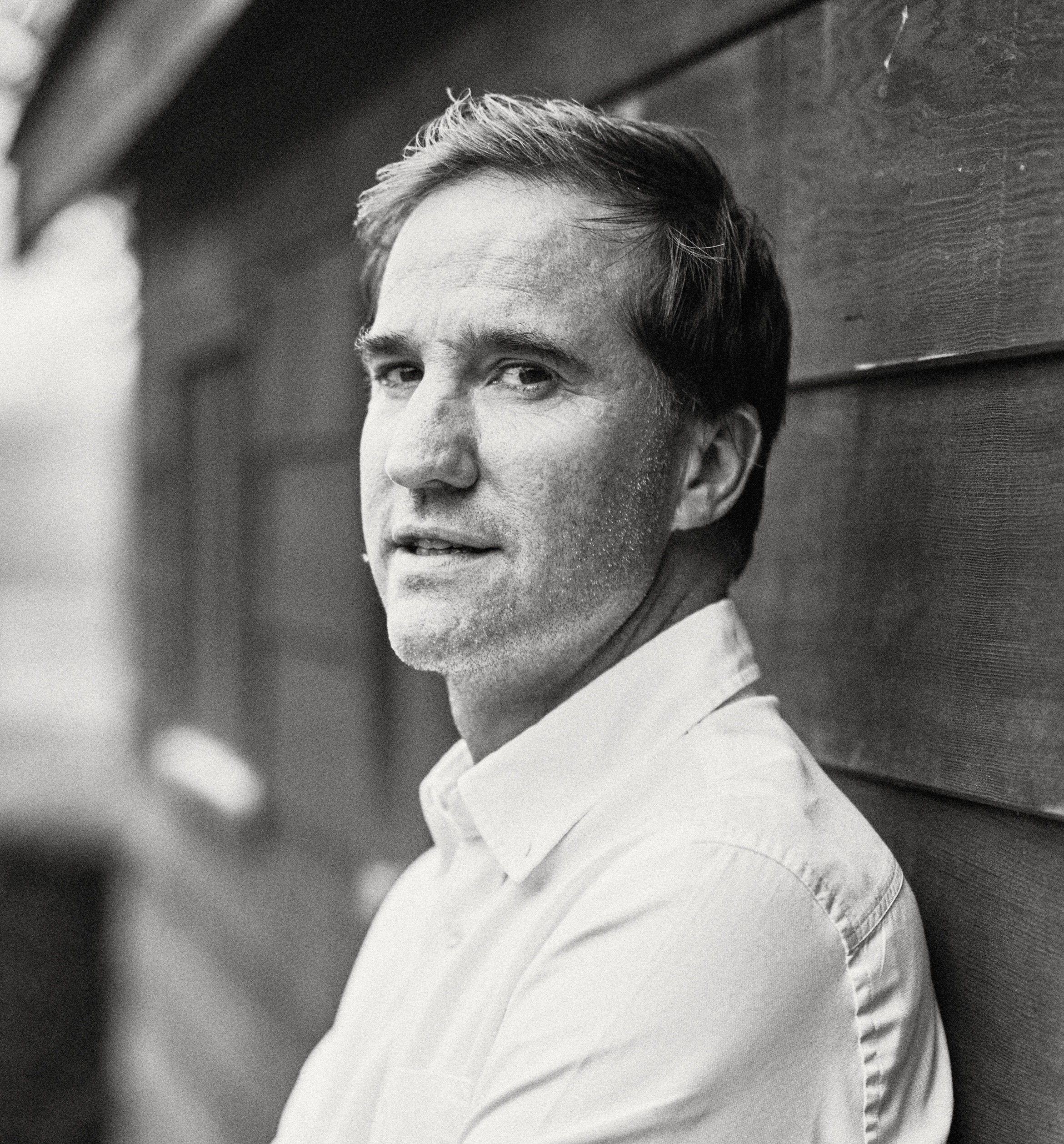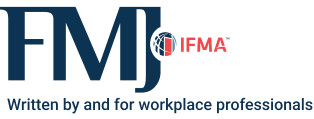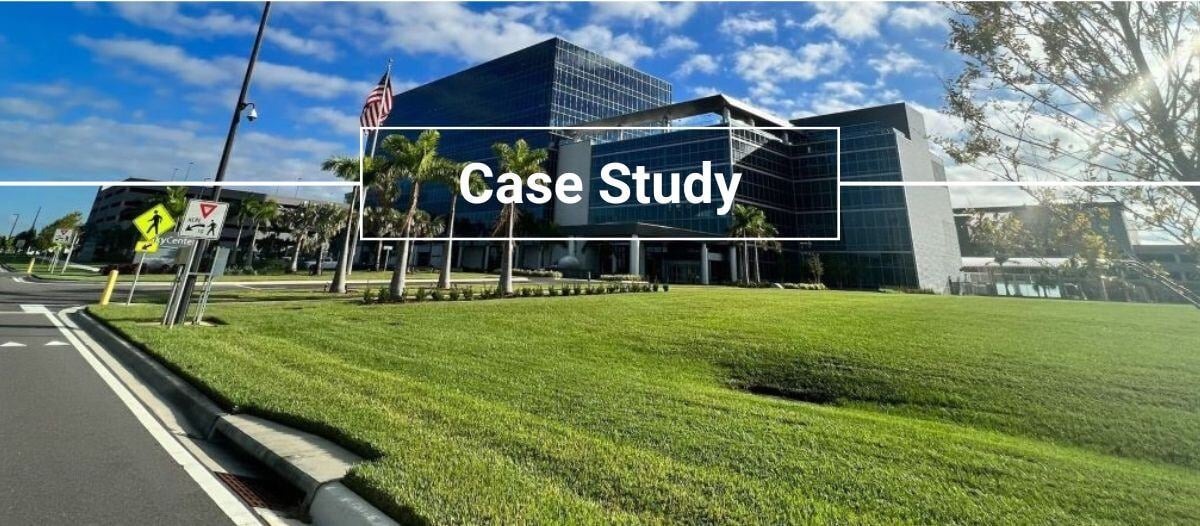From Firefighting to Future-Ready
How smart workflows empower FMs

Facility management is under increasing pressure to operate more efficiently, sustainably and cost-effectively. However, many FMs remain caught in a reactive cycle where they juggle between urgent repairs, administrative burdens and compliance requirements, leaving little time for long-term planning. Studies indicate that reactive maintenance costs are 3-9 times higher than planned maintenance. This reactive cycle leads to increased operational costs, unplanned downtime and inefficient resource allocation.
![]() However, the rise of AI-driven automation and digital workflows offers a solution, enabling FMs to transition from firefighting mode to data-driven decision-making and predictive maintenance. The European FM market is already moving in this direction, growing from US$49.6 billion (2023) to an expected US$94.8 billion by 2028, at a Compound Annual Growth Rate (CAGR) of 13.8 percent from 2023 to 2028.
However, the rise of AI-driven automation and digital workflows offers a solution, enabling FMs to transition from firefighting mode to data-driven decision-making and predictive maintenance. The European FM market is already moving in this direction, growing from US$49.6 billion (2023) to an expected US$94.8 billion by 2028, at a Compound Annual Growth Rate (CAGR) of 13.8 percent from 2023 to 2028.
The cost of inefficiency: Why traditional FM is unsustainable
Operating reactively is costly and inefficient. The Marshall Institute estimates that reactive maintenance can cost up to five times more than preventive strategies, factoring in unplanned downtime, emergency contractor fees and inefficient resource allocation. Similarly, a Research and Markets study found that poor maintenance practices cost European businesses approximately EU$450 billion annually, largely due to unexpected equipment failures and energy inefficiencies.
Beyond financial losses, fragmented maintenance processes slow response times and reduce service quality. Data fragmentation remains a critical challenge, with 74 percent of European FMs struggling to consolidate maintenance tracking and compliance reporting across multiple disconnected tools. This lack of real-time data not only hampers decision-making but also increases the risk of noncompliance with evolving EU sustainability and safety regulations, exposing organizations to potential fines and operational disruptions. Implementing AI-driven automation and integrated digital workflows can significantly mitigate these risks, enhancing efficiency and regulatory compliance.
How smart workflows transform FM
1. Predictive maintenance lowers costs & downtime
Traditional scheduled maintenance often leads to unnecessary servicing or, worse, undetected failures. AI-powered predictive maintenance, already used across large European real estate portfolios, analyzes equipment performance and environmental data to forecast failures before they happen.
2. Streamlined communication enhances efficiency
Inefficient communication remains a major challenge in FM, often leading to delays, misallocation of resources and increased operational costs. Smart workflows help digitize work order management, providing real-time updates, automatic task assignments and seamless vendor coordination, which reduces human error and improves response times. In Europe, where multilingual teams are common, AI-driven translation tools further enhance collaboration, ensuring clear and effective communication across diverse workforces.
3. Optimized resource allocation & workforce management
With labor shortages affecting the European facility management industry, automation is becoming essential to bridge workforce capacity gaps. The EU’s working-age population is projected to decline from 265 million in 2022 to 258 million by 2030, exacerbating skills shortages across multiple sectors, including facility management. To address this, AI-driven scheduling tools help prioritize tasks, reduce administrative burdens and optimize technician deployment, ensuring FM teams can maximize productivity despite staffing constraints.
4. Compliance & sustainability tracking made simple
With the EU Energy Performance of Buildings Directive (EPBD) and stricter ISO 41001 FM standards, compliance tracking is more complex than ever. Digital workflows help FM teams track regulatory deadlines, generate reports and receive proactive recommendations to ensure sustainability goals and legal requirements are met. The ability to automate compliance monitoring reduces risks and prevents costly penalties.
 A roadmap for implementing smart workflows
A roadmap for implementing smart workflows
Step 1: Assess existing workflows & identify bottlenecks.
FMs should conduct a digital maturity assessment to identify inefficiencies, compliance risks and areas where automation can create the most value.
Step 2: Select scalable, interoperable technology.
The European FM market is diverse, with multiple building types, regulatory frameworks and legacy systems. Choosing interoperable workflow solutions ensures integration with existing building management systems (BMS) and computerized maintenance management systems (CMMS).
Step 3: Train teams & establish a digital culture.
Successful adoption depends on employee buy-in. Training programs should focus on how AI-powered workflows enhance efficiency rather than replace human expertise.
Step 4: Monitor, optimize & scale.
FM teams should leverage real-time data analytics to refine processes, track performance metrics and gradually scale digital workflow adoption across portfolios.
The future of FM in a smart, sustainable world
With Europe setting the global pace for sustainable and smart buildings, FMs must embrace digital workflows to remain competitive. FM is no longer just about maintenance, it is about strategic asset management, cost control and regulatory compliance in a rapidly evolving landscape.
By integrating AI, automation and predictive analytics, FM professionals can transition from firefighting mode to future-ready operations, ensuring that facilities are efficient, compliant and resilient in the years to come.

Edward Boute is a tech evangelist, CEO, keynote speaker and author. Boute worked the last 10 years at Google and is doing keynotes on AI innovations since 2017. He has been leading the Google cloud division in Belgium and Luxembourg, and has been active in several startups. Today he is CEO of Fixform, a PropTech startup for facility management. He is author of the book "Eliminate!" and a renowned keynote speaker on international events.
Read more on Communication and Technology or related topics Maintenance Processes and Facility Technology
Explore All FMJ Topics








